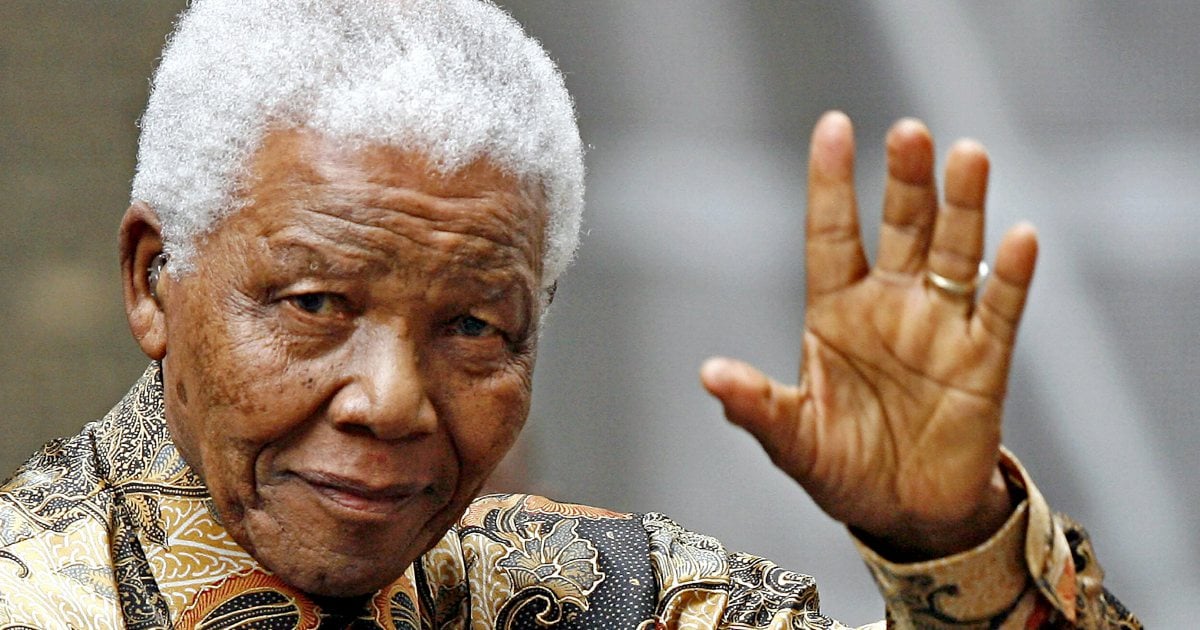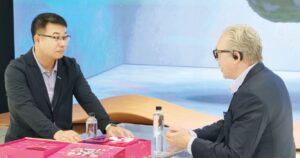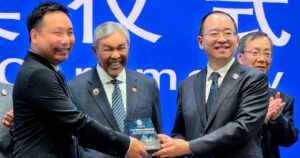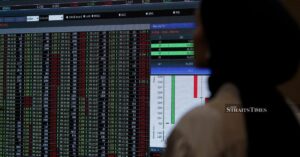ONE day, a man was having lunch with his aide and invited another person eating at a table nearby to join theirs. The latter nervously obliged. Without ever raising his eyes, the invitee hurriedly ate and left, to which the aide commented that the man must be sick.
The host corrected the aide, saying the man was his jailer who used to urinate on the host’s head each time he asked for water after being tortured in prison.
The jailer had expected the host to retaliate. But the host, who had now become the head of state, chose not to.
That host was Nelson Mandela. Although apocryphal, the story epitomises the spirit of forgiveness and reconciliation that Mandela displayed as the first black president of South Africa, who ended the evil of apartheid and paved the way for his country’s peaceful transition to democracy.
As we celebrate Mandela’s birthday on July 18, a day the United Nations has declared Nelson Mandela International Day, it is well to reflect on who he was and what he stood for.
Those who aspire to lead with courage, compassion, and integrity can learn three key lessons from one of the most influential figures of recent times.
First, as with all visionary leaders who built their successful careers on an unwavering pursuit of their vision, Mandela was driven by his vision of a racism-free and equal South Africa.
He courageously pursued his vision throughout his early activism in the armed wing of the African National Congress, or ANC. That earned him a life sentence in 1964, only to be freed after 27 years once apartheid became untenable.
His vision inspired others to stay the course. It resulted in the first multiracial elections in 1994. With the win for the ANC, Mandela became the first black president.
As he writes in his autobiography, The Long Walk to Freedom: “It always seems impossible until it is done”, reminding us that challenges may appear intractable, but dedication to one’s cause can lead to success.
Second, he pursued his vision with high emotional intelligence — the capacity to understand the viewpoints of others, and an ability to communicate and resolve conflicts.
He showed that effective leadership need not be offensive or aggressive. As he says, “If you want cooperation from humans around you, you must make them feel important.”
His cool, composed and humble demeanour inspired millions to rally to his cause of peace and reconciliation in a divided society.
In walking his talk, Mandela shaped his nation’s future. He focused on finding peaceful solutions with the apartheid government despite a widespread threat of civil war.
Upon becoming the president, rather than assuming complete control, he invited other political parties, including old rivals, to join his unity government. By cooperating with his opponents, Mandela succeeded in reducing racial tensions.
As he says: “Lead from the back — and let others believe they are in the front.”
And that brings us to the third lesson. Mandela’s controversial decisions that advanced national peace over individual or party success are a classic illustration of servant leadership.
As he writes: “Real leaders must be ready to sacrifice all for the freedom of their people.”
During the 1995 Rugby World Cup, Mandela showed one of his most memorable leadership moments. The Springboks, the national rugby team, have long signified white supremacy.
As such, the team was scorned by many black South Africans. Mandela, however, saw a chance for harmony. Not only did he openly back the team, but he even showed up for the final game wearing their jersey.
Mandela believed that service to others is what life is all about. As he says:
“What counts in life is not the mere fact that we have lived. It is what difference we have made to the lives of others that will determine the significance of the life we lead.”
In this, he echoes Albert Einstein’s call for a life of significance.
Mandela’s legacy reminds us that when leaders act courageously with purpose and are guided by values, change is possible.
* The writer is an adjunct professor at Perdana University and an associate fellow of UKM’s think-tank, MINDA
© New Straits Times Press (M) Bhd






